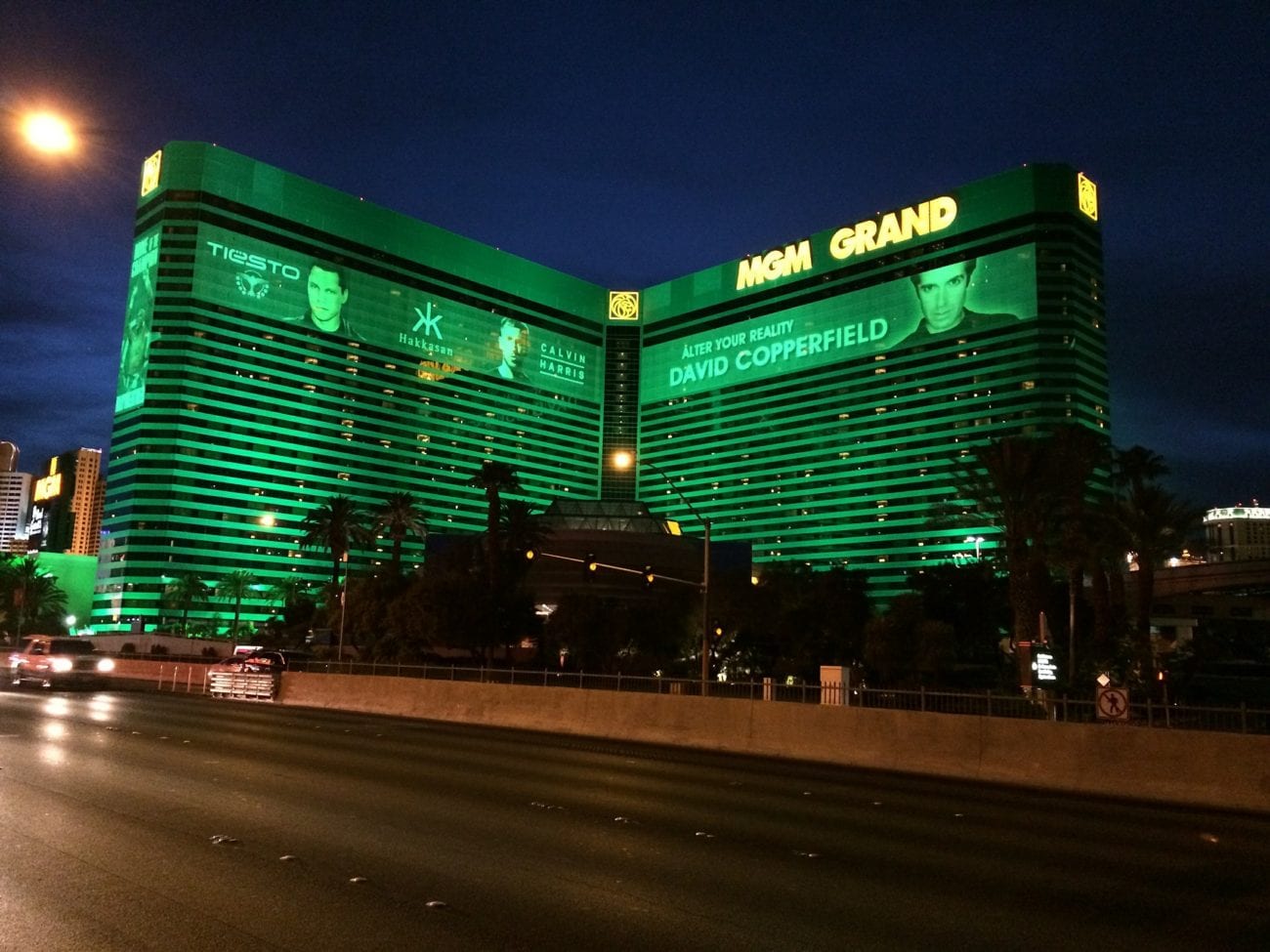MGM Resorts Takes Accountability: A Transformative Approach to AML Compliance
In a decisive move to address past missteps, MGM Resorts has committed to comprehensive reforms in its anti-money laundering (AML) practices.
On Thursday, the Nevada Gaming Commission (NGC) sanctioned MGM Resorts with an $8.5 million fine, stemming from significant violations in its AML protocols. This decision, made with a unanimous 4-0 vote, highlights the growing scrutiny on compliance within the gaming industry.
This fine marks the NGC’s second ruling on AML issues in just a month, reflecting a pressing concern among regulatory bodies across Las Vegas. Notably, both cases involve Scott Sibella, who was previously president of MGM Grand before taking up a similar role at Resorts World Las Vegas.
Interestingly, the fine imposed on MGM is lower than the $10.5 million settlement related to Resorts World Las Vegas, which had not issued an admission of wrongdoing contrary to MGM’s acceptance of accountability. MGM’s chief legal officer, John McManus, stated their commitment to cooperation and transparency in the regulatory process.
A Closer Look at the Charges
The NGC’s recent hearing followed a detailed 10-count complaint against MGM Grand and The Cosmopolitan, triggered by the actions of illegal bookmakers, specifically Wayne Nix and Matt Bowyer. Nix, who pleaded guilty to operating an illegal gambling operation, raised suspicion in 2017 when he deposited $50,000 in cash, prompting concerns from MGM’s compliance team.
The investigation revealed troubling patterns: Nix often brought large sums of cash to the casino in various bags, including brown paper bags, exposing significant gaps in MGM’s adherence to AML regulations. By 2020, The Cosmopolitan reportedly accepted nearly $1 million in illicit funds linked to Nix’s operations.
Intertwined Relationships
Nix’s connections within the industry run deep, notably with Sibella, who reportedly facilitated free golf trips for Nix and engaged in friendly wagers. Nix’s relationship also extended to other clients, including notable figures from the sports world. The gravity of the situation escalated as the NGC uncovered potential complicity from MGM staff, although no direct charges have been levied against them.
Cultural Shift Towards Compliance
The stakes are evidently high for MGM Resorts, as highlighted by CEO Bill Hornbuckle’s absence during the hearing due to personal commitments abroad. Nonetheless, he has articulated a strong commitment to upholding a robust compliance culture within the organization. Hornbuckle emphasized that keeping regulatory standards on point is not just a requirement but a critical component of the company’s integrity.
MGM has laid out an eight-point plan to enhance its AML framework, showcasing a proactive stance towards remedying previous deficiencies. Notable initiatives include formal plans for better information sharing among departments, stricter scrutiny of top cash customers, and enhanced reporting protocols for large cash transactions. Additionally, they plan to increase expenditures on compliance measures significantly.
Looking Ahead
Through this settlement, MGM Resorts has made it clear that compliance is not merely a checkbox but rather a fundamental element of their business ethos. NGC Commissioner Brian Krolicki has echoed this sentiment, stressing the need for a strong “tone at the top” within organizations. As Nevada ushers in a new chair for the Gaming Control Board, the commitment to maintaining rigorous oversight is likely to persist, sending a clear message to illegal operations that adherence to regulations is paramount.
In conclusion, MGM Resorts’ journey towards refining its AML practices may serve as a blueprint for other entities within the gaming sector. The pathway forward involves not only implementing robust systems and clear accountability but also fostering a culture where compliance is ingrained in the organizational fabric.
